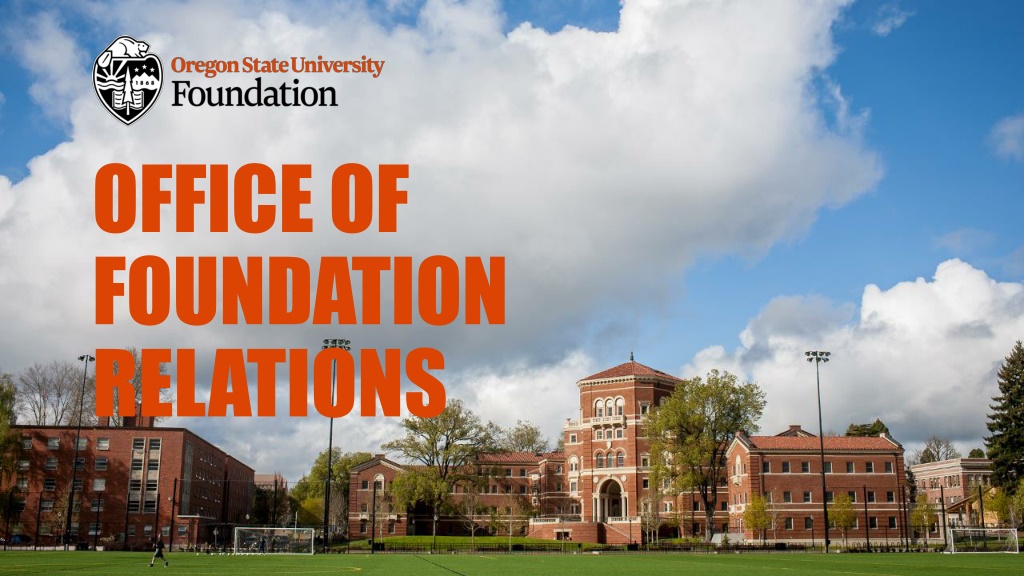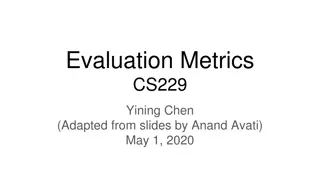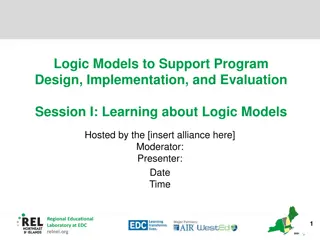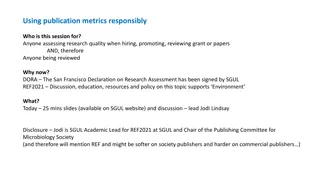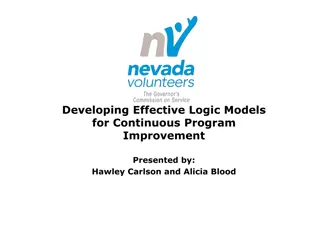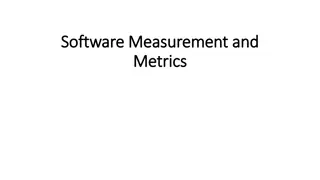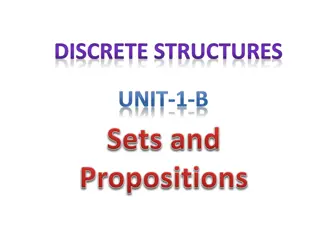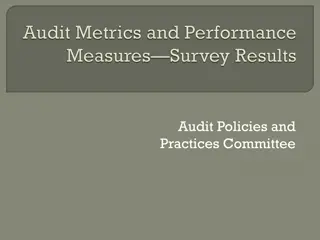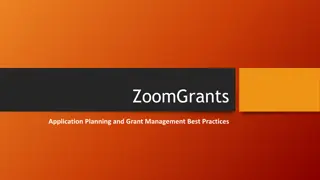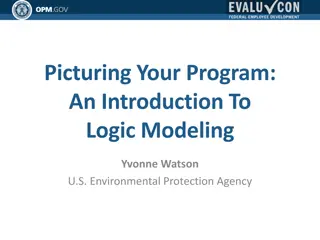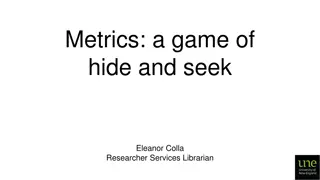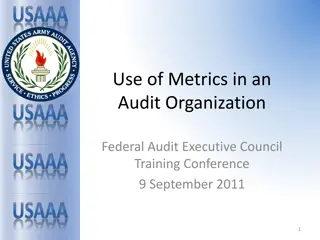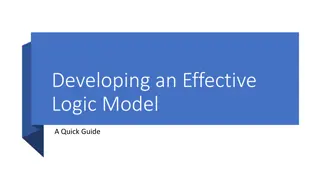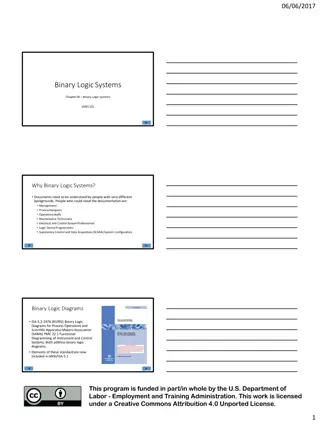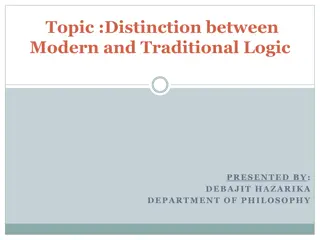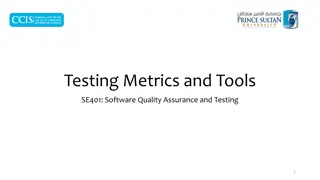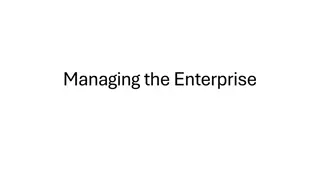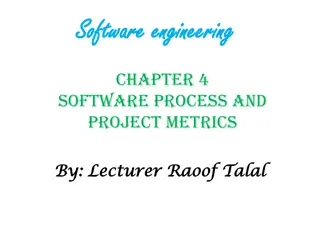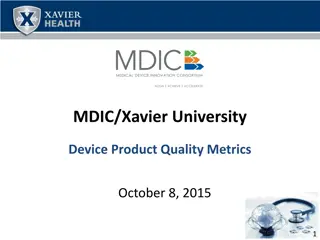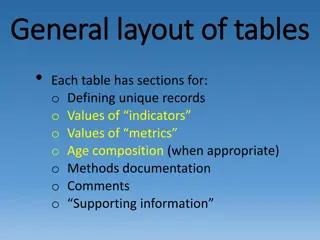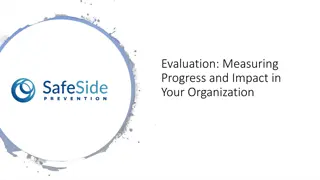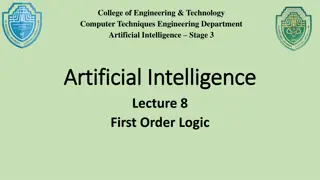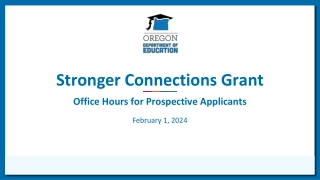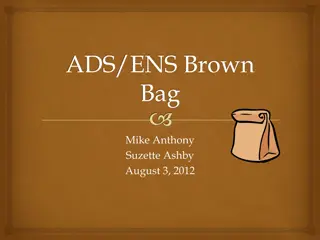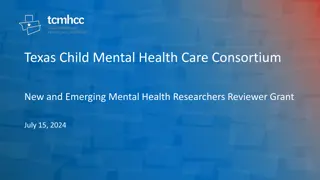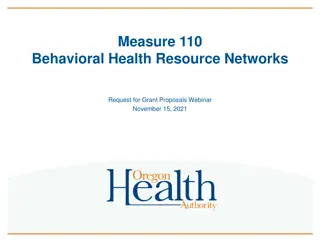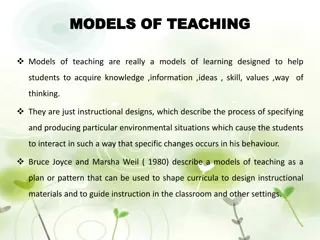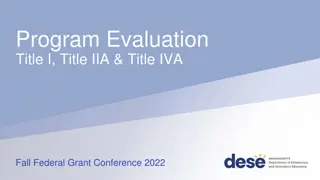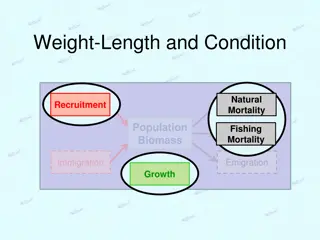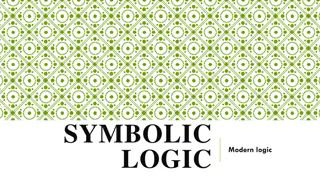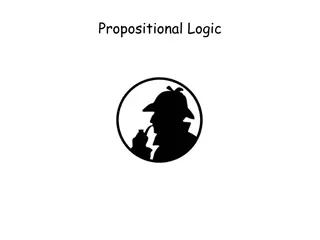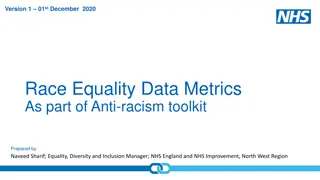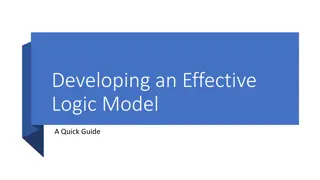Understanding Logic Models and Evaluation Metrics for Successful Grant Proposals
This content provides insights into logic models, evaluation metrics, and the importance of measurable outcomes in grant proposals. It emphasizes the significance of clear evaluation plans to showcase project impact and meet sponsor expectations. The material also includes examples of measurable vs. non-measurable objectives and highlights the need for thorough evaluation checklists. Overall, it serves as a comprehensive guide for crafting successful grant applications.
Download Presentation

Please find below an Image/Link to download the presentation.
The content on the website is provided AS IS for your information and personal use only. It may not be sold, licensed, or shared on other websites without obtaining consent from the author. Download presentation by click this link. If you encounter any issues during the download, it is possible that the publisher has removed the file from their server.
E N D
Presentation Transcript
OFFICE OF FOUNDATION RELATIONS
FOUNDATION RELATIONS TEAM Aaron Shonk, Senior Director Aaron.Shonk@osufoundation.org Ph:7-6961 Paul DuBois, Associate Director Paul.DuBois@osufoundation.org Ph:7-3755 Elizabeth Ocampo, Coordinator Elizabeth.Ocampo@osufoundation.org Ph:7-7362
CO-PRESENTER Mary Ellen Dello Stritto, Ph.D. Assistant Director, Ecampus Research Unit The Ecampus Research Unit (ECRU) conducts original research, creates and validates instruments, supports full-cycle assessment loops for internal programs, and provides resources to encourage faculty research and external grant applications related to online teaching and learning.
Logic Models, Metrics, and Evaluations Faculty Grant Training February 22, 2019 OSU FOUNDATION 3
Why Evaluations? Agenda Why Evaluations? Measurable Results Sponsors want to know if the project they funded worked or not. Evaluation Plan Checklists Logic Models Data Collection and Sampling Conclusion OSU FOUNDATION 4
Measurable Results Agenda Why Evaluations EVALUATION METRICS Measurable Results Your grant will be judged by the measurable outcomes you propose. Evaluation Plan Checklists Logic Models Proposals without clear evaluation metrics may be seen as ill-conceived or poorly designed. Depending on the sponsor, your proposal may be disqualified. Data Collection and Sampling Conclusion OSU FOUNDATION 5
NOT MEASURABLE Expand student horizons. MEASURABLE Provide two experiential learning opportunities, (e.g. study abroad, laboratory research with a faculty mentor, work study, or internships) to every undergraduate zoology student who graduates in 2020. OSU FOUNDATION 6
Evaluation Plan Checklists Agenda Why Evaluations EVALUATING THE EVALUATION Measurable Results Each funder -- and even each grant program -- will have different metrics to determine whether you ve met the requirements for evaluating your program. Evaluation Plan Checklists Logic Models Data Collection and Sampling Conclusion Read the grant guidelines for indicators. OSU FOUNDATION 7
Examples of how evaluation plans can be reviewed https://sponsoredprograms.ek u.edu/sites/sponsoredprogram s.eku.edu/files/files/forms/Pro posal%20Review%20Checklist. docx https://www.escardio.org/static_file/Escardio/Subspecialty/ Councils/CCNAP/Documents/grant_proposal_checklist.pdf OSU FOUNDATION 8
ONLINE EVALUATION RESOURCE LIBRARY https://oerl.sri.com/home.html Online resource with evaluation examples and instruments for several content areas. OERL is designed to help current and aspiring principal investigators and evaluators learn more about how project evaluations have been planned, implemented, and reported within the context of EHR programs. Additional audiences include NSF program officers, evaluation professionals, and evaluation training programs. OSU FOUNDATION 9
Logic Models Agenda Why Evaluations W.K. KELLOGG FOUNDATION Measurable Results a logic model is a systematic and visual way to present and share your understanding of the relationships among the resources you have to operate your program [or research], the activities you plan, and the changes or results you hope to achieve. Evaluation Plan Checklists Logic Models Data Collection and Sampling Conclusion OSU FOUNDATION 10
https://www.bttop.org/sites/default/files/public/ W.K.%20Kellogg%20LogicModel.pdf OSU FOUNDATION 11
Logic Model Examples UWisconsin Extension Templates Examples OSU FOUNDATION 12
Building a Logic Model Logic models are read from left to right, but often created in the reverse order. CONSIDER: 1. What will be evaluated/measured a. What level of data is needed? b. How will data be collected? 2. Select indicators of progress a. Objectives met? b. Data collected? OSU FOUNDATION 13
Building a Logic Model 1. Layout a simple logic model 2. Fill in activities, outputs, and outcomes 3. Then sequence by connecting program components to outputs and outcomes 4. Use arrows, or other visuals to indicate relationships 5. Revise! Other resources: American Evaluation Association www.eval.org OSU FOUNDATION 14
Logic Models Agenda Why Evaluations EXERCISE Measurable Results Evaluation Plan Checklists Search for logic model image examples in your discipline Ex. logic models chemistry Logic Models Data Collection and Sampling Conclusion OSU FOUNDATION 15
Data Collection and Sampling Agenda Why Evaluations KEY CONSIDERATIONS 1. Lay out why your sample population is the right one to answer your research questions 2. Explain why, when, and how the data will be obtained Measurable Results Evaluation Plan Checklists Logic Models Data Collection and Sampling Conclusion OSU FOUNDATION 17
QUESTIONS? OSU FOUNDATION 18
